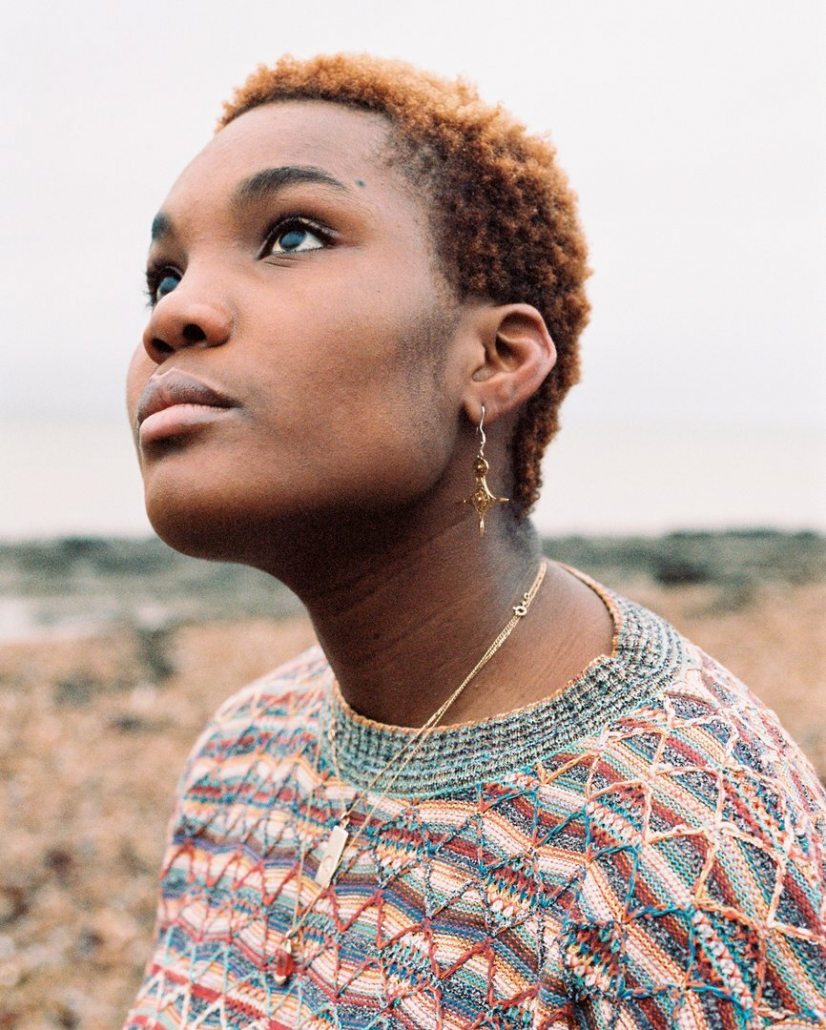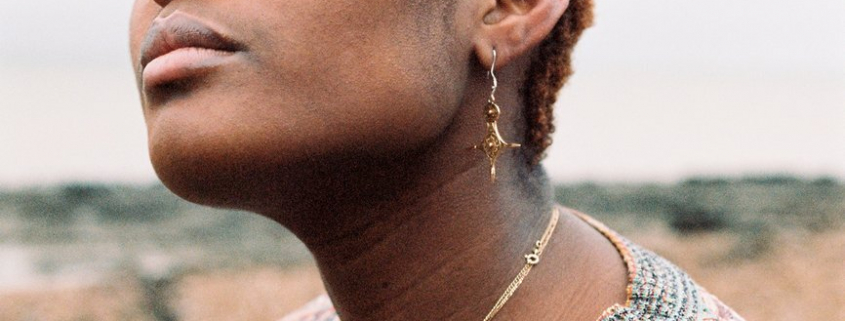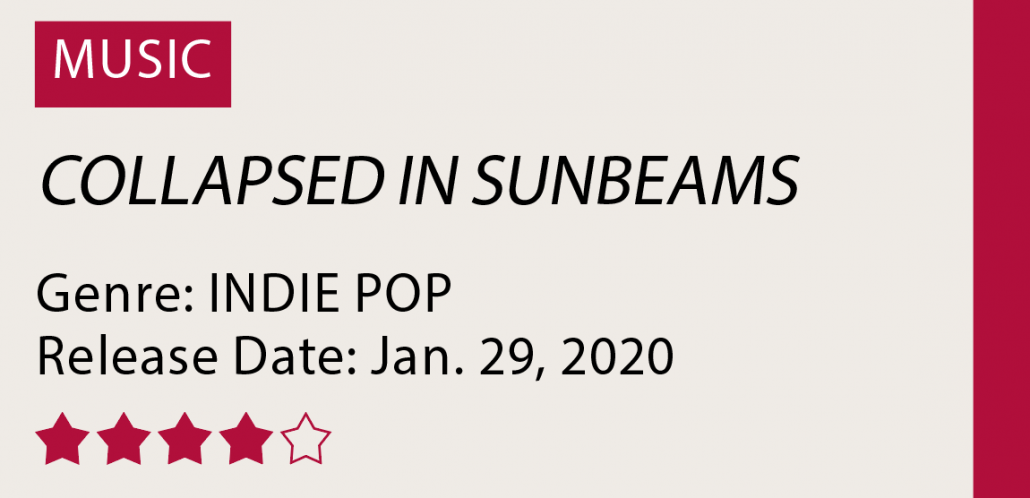REVIEW: Arlo Parks ‘Collapsed in Sunbeams’ is a poetic delight

Photo from @arloparks on Twitter.
Twenty-year-old British singer-songwriter Arlo Parks wears her heart on her sleeve, and it’s apparent when you read the biographical section of her Spotify profile. It explains her as having “spent most of school feeling like that Black kid who couldn’t dance for shit, listening to too much emo music and crushing on some girl in her Spanish class.”
This statement acts as a kind of ethos for her debut studio album, “Collapsed in Sunbeams,” released Jan. 29 by Transgressive Records.
Drawing upon indie folk and lo-fi bedroom pop styles with a splash of jazz and soul influences, Parks’ gentle voice intertwines with subtle yet gorgeous instrumentals across 12 tracks on the album.
Discussing the album with NME in an article published Oct. 20, Parks described it as “a series of vignettes and intimate portraits surrounding [her] adolescence and the people that shaped it. It is rooted in storytelling and nostalgia – I want it to feel both universal and hyper-specific.”
Parks’ artistic merits and versatility are bared from the start of the album, as she kicks things off with the titular spoken-word piece “Collapsed in Sunbeams” where she croons “I see myself ablazed with joy, sleepy eyed / Feeding your cat or slicing artichoke hearts.” Parks’ talent for discerning her range of emotions while also recounting incredibly intimate and silly moments adds incredible depth to an album that largely sees a young woman grasping weighty themes of mental health and sexuality.
Parks’ collaborators are instrumental in telling her story and architecting the gorgeous, understated soundscapes of the album; Los Angeles-based singer-songwriter Luca Buccellati has his hands in every song here as a co-writer and producer, and famed bedroom pop act Clairo is a co-writer, guitarist and background vocalist on album standout “Green Eyes.” Acclaimed as a single, this cut sees Parks assuring her partner to live authentically and unapologetically and that the homophobic noise bombarding them will not last forever (“Some of these folks wanna make you cry (Oh, oh) / But you gotta trust how you feel insi-i-i-ide”).
Parks’ commentary feels less like preaching and more like the comfort of a close friend assuring you that they are right beside you through thick and thin.
This constant quality throughout Parks’ songs shows up on the fantastic “Black Dog,” which NME previously named the fourth best song of 2020 as well as its “most devastating song.” Winston Churchill’s metaphor of choice for depression, “Black Dog” was quietly released in May of last year when lockdowns due to the pandemic became widespread.
Describing the single, Parks said “it’s supposed to make people who are struggling feel less isolated and start a conversation surrounding the prevalence of mental health issues in today’s world.”
Writing in the perspective of a friend to someone struggling with depression, Parks pleads “Let’s go to the corner store and buy some fruit / I would do anything to get you out your room / Just take your medicine and eat some food / I would do anything to get you out your room” over melancholic acoustic guitar and steady drums.
Similarly to other cuts on the album such as “Hope” and “For Violet,” Parks finds incredible power in her soft, hushed vocal delivery, illustrating her vivid stories with painstaking heartache.
Parks continues to show off her flair for the poetic on several spots on the album, including “Caroline,” where she chronicles witnessing two lovers fight in public: “I was waiting for the bus one day / Watched a fight between an artsy couple escalate / Strawberry cheeks flushed with defeated rage / Then he spilled his coffee as he frantically explained.”
However, Parks consistently manages to draw focus back to her personal narrative and experiences, like on “Eugene” where she yearns for an unavailable straight girl and attempts to untangle her web of feelings. The language with which Parks describes herself, those around her, and her environment shines through in every lyric she writes and performs here.
Almost Taylor Swift-esque in her ability to magnify seemingly insignificant or trivial moments to maximum proportions, Parks successfully synthesizes the best of her influences (including Frank Ocean and Solange) in order to craft an album that is able to perfectly simulate the earth-shattering turbulence of adolescence and all of its messy implications. Parks is most certainly a musician to keep an eye out for and here’s to hoping her future work is just as beautiful as this.


